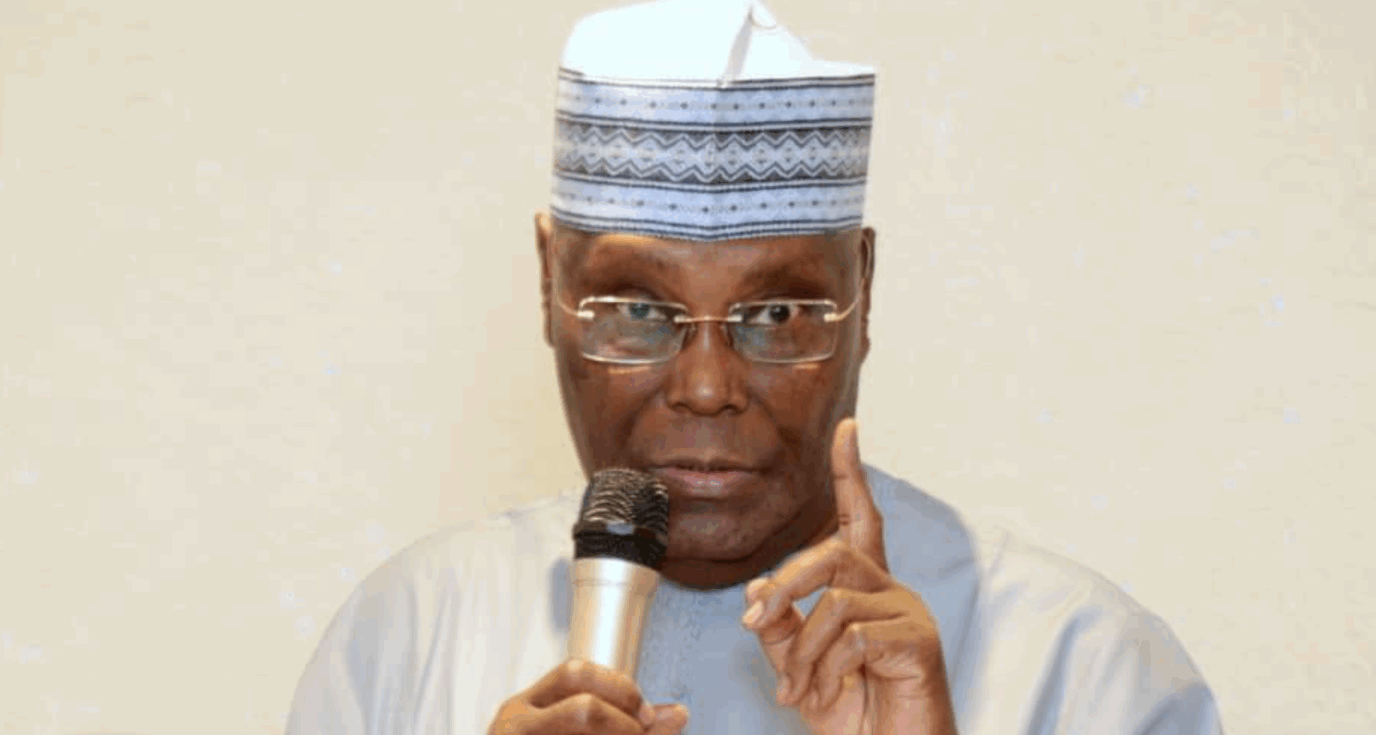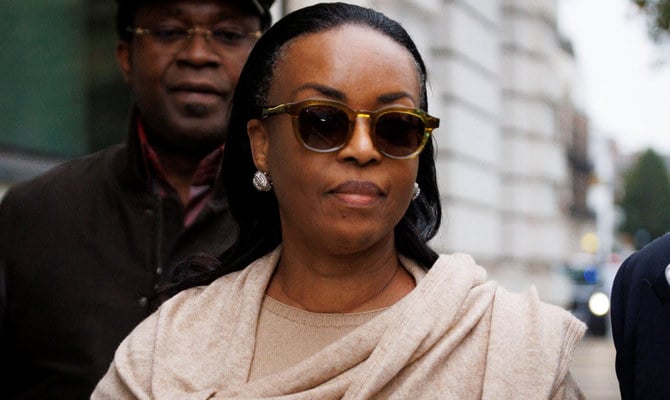Nigeria’s Senate has advanced a significant proposal to repeal the Electoral Act 2022 and replace it with a new Electoral Bill 2025, signaling what many lawmakers describe as a crucial step toward restoring public confidence in the nation’s electoral system.
The bill passed its second reading on Wednesday after a voice vote in which most senators supported its general principles. The Senate President, Godswill Akpabio, who announced the passage, noted that while progress had been made since 2022, more reforms were needed to ensure full transparency.
“INEC must be made responsible because they are the ones in possession of electoral materials. We’ve had improvements, but we need to do more,” Akpabio said.
The bill has now been referred to the Senate Committee on Electoral Matters, chaired by Simon Lalong (Plateau South), for further consideration and public hearings. The committee is expected to report back within two weeks.
Why the Bill Matters
The proposed legislation, sponsored by Senator Lalong, aims to overhaul Nigeria’s electoral framework by addressing key weaknesses exposed during recent elections, such as delays in election funding, disputes over voter registration, inconsistent interpretations of result transmission, and weak enforcement of electoral offences.
Lalong explained that the bill’s central objective is to strengthen the independence of the Independent National Electoral Commission (INEC) by insulating it from political interference and executive influence.
Lawmakers across party lines echoed similar sentiments, describing the bill as a turning point for Nigeria’s democracy.
What the Proposed Electoral Bill Seeks to Change
The Electoral Bill 2025 introduces several ambitious reforms designed to modernize the voting process and enhance credibility. Key provisions include:
- Compulsory electronic voting and mandatory electronic transmission of results to minimize human interference.
- Early voting for essential service workers such as security personnel and journalists.
- Alternative voter identification, allowing Nigerians to vote with their National Identification Number (NIN) or passport in place of the Permanent Voter Card (PVC).
- Diaspora voting, enabling Nigerians living abroad to participate in elections.
- Creation of an Electoral Offences Commission to investigate and prosecute electoral crimes.
- Enhanced INEC independence through stronger legal and financial autonomy.
Together, these measures are aimed at restoring public trust and aligning Nigeria’s electoral process with international best practices.
What Lawmakers Are Saying
Senators offered a broad range of perspectives on how the proposed law could reshape Nigeria’s democracy:
- Abdul Ningi (Bauchi Central) said the bill would open the door for greater citizen participation and transparency.
“Whatever adds value to our electoral system and widens participation must be done to capture the essence of democracy,” he said.
- Adamu Aliero (Kebbi North) called for safeguards against electoral violence and manipulation, stressing that “the true reflection of the people must be what is announced.”
- Orji Kalu (Abia North) urged a clear definition of the role of security agencies during elections and advocated for an upgrade to the Bimodal Voter Accreditation System (BVAS).
- Tahir Munguno (Borno North) emphasized credible party primaries as a foundation for fair elections, noting that the bill seeks to “ensure that candidates reflect the wishes and aspirations of the people.”
- Olalere Oyewunmi (Osun West) called for stiffer penalties for electoral offenders, while Ali Ndume (Borno South) said the review is essential for restoring public faith in elections.
- Seriake Dickson (Bayelsa West) warned that the sustainability of Nigeria’s democracy depends on credible elections:
“If that fails, then we will only be a democracy in name.”
The Broader Implications
If enacted, the Electoral Bill 2025 could represent the most comprehensive reform of Nigeria’s voting system in recent history. Its provisions—especially electronic voting, diaspora participation, and the creation of an Electoral Offences Commission—are designed to tackle persistent challenges such as voter suppression, logistical failures, and post-election litigation.
Observers say the bill’s success will depend on how effectively the National Assembly balances innovation with inclusivity and ensures that electoral laws are clearly interpreted by the courts.
As Enyinnaya Abaribe (Abia South) observed earlier in October, Nigeria’s challenge lies not in technology but in how the judiciary interprets electoral laws. His remarks underscore a key tension between legislative ambition and institutional practice, a balance the new bill seeks to address.
In essence, the Electoral Bill 2025 represents both a test and an opportunity: a test of Nigeria’s political will to build a credible electoral process, and an opportunity to redefine democracy not just as a system of elections, but as a reflection of public trust.












